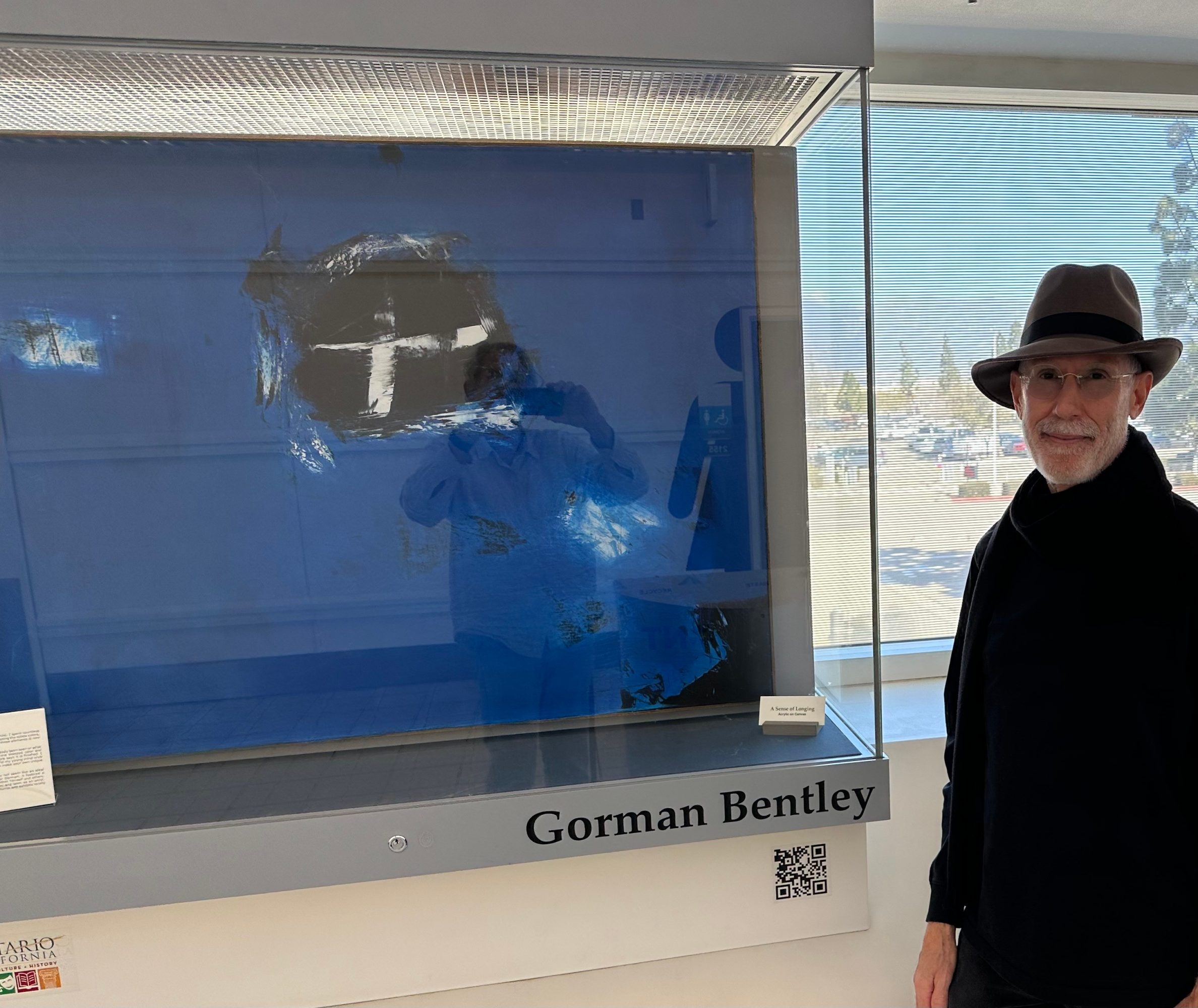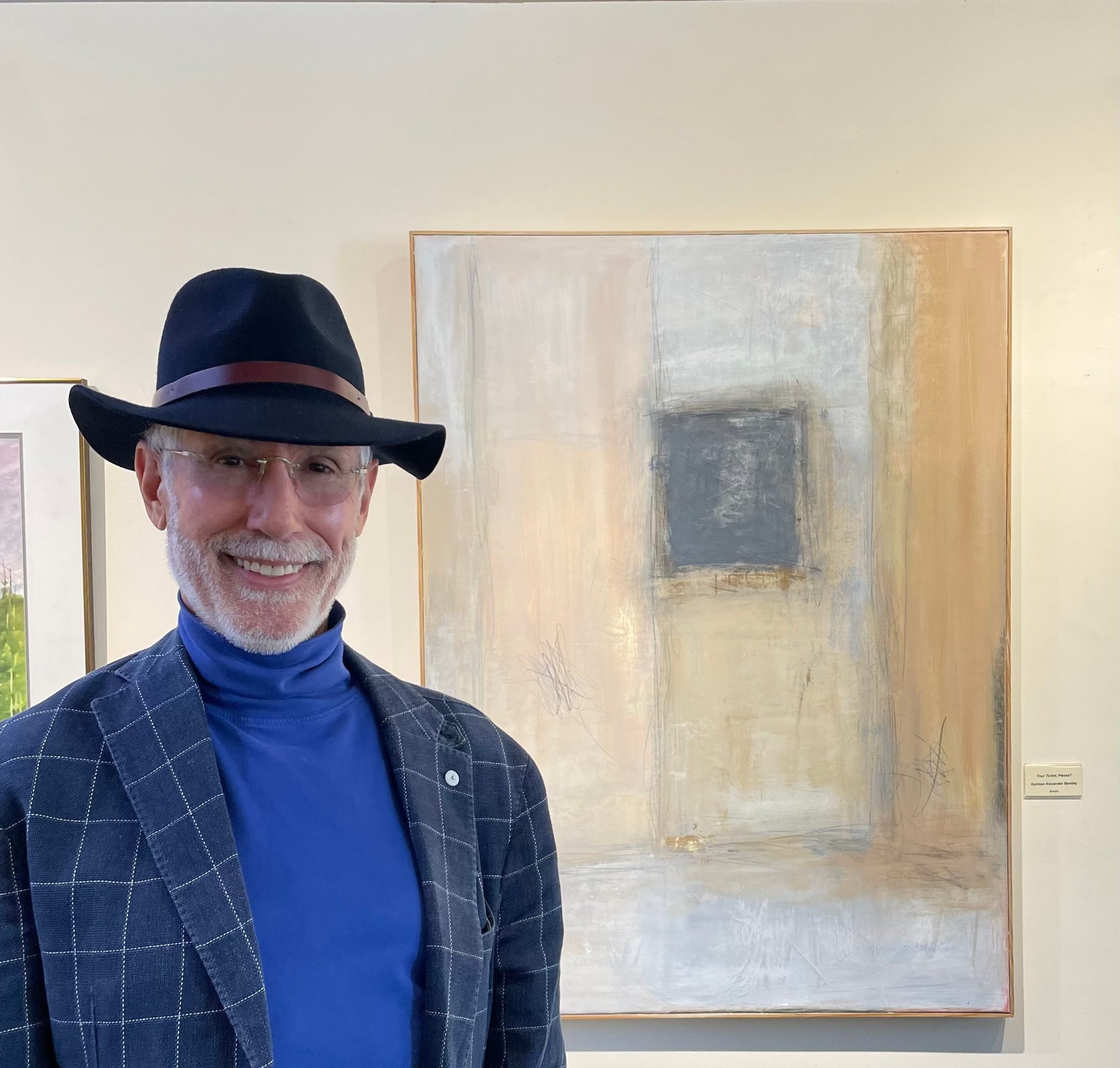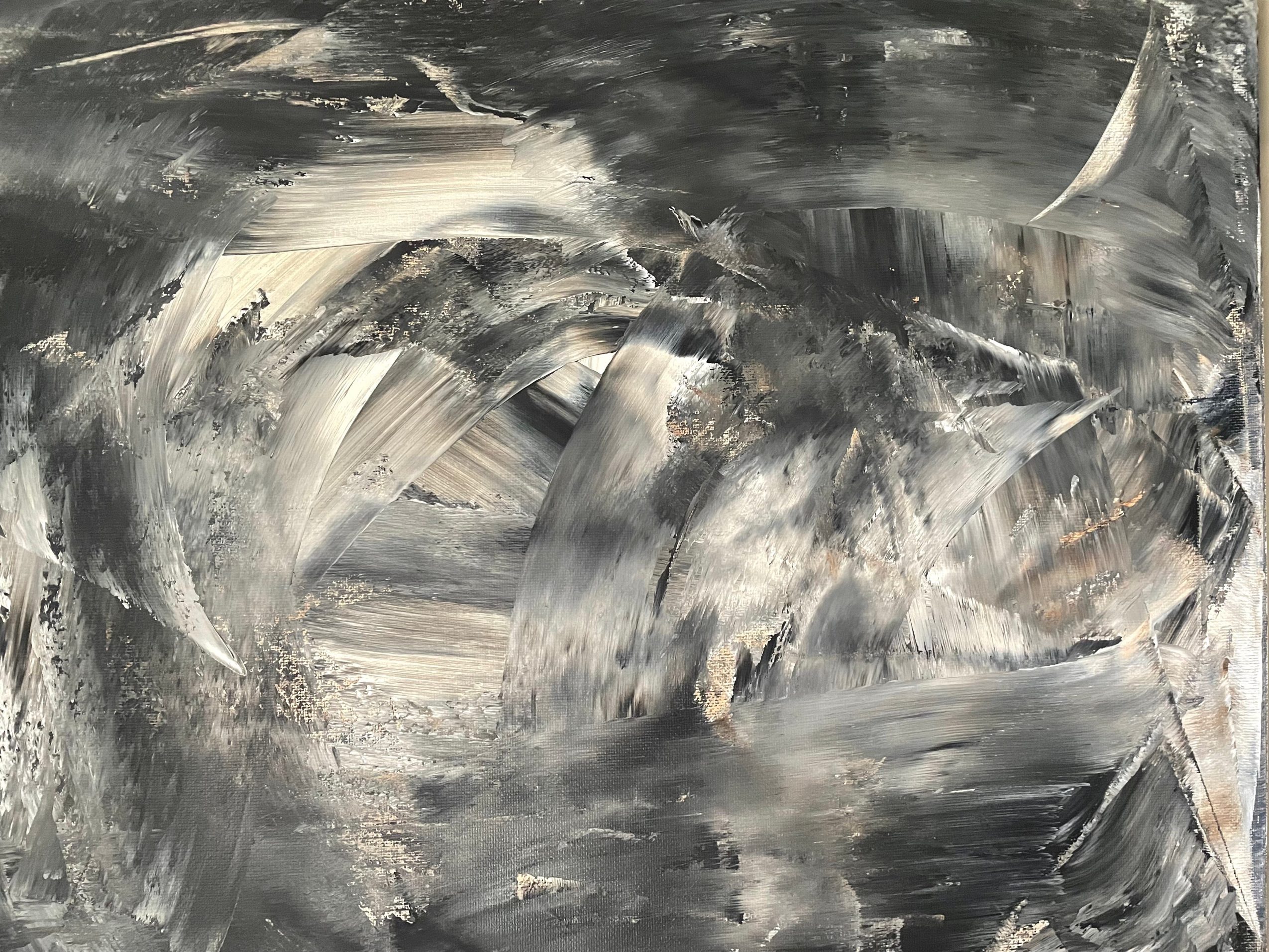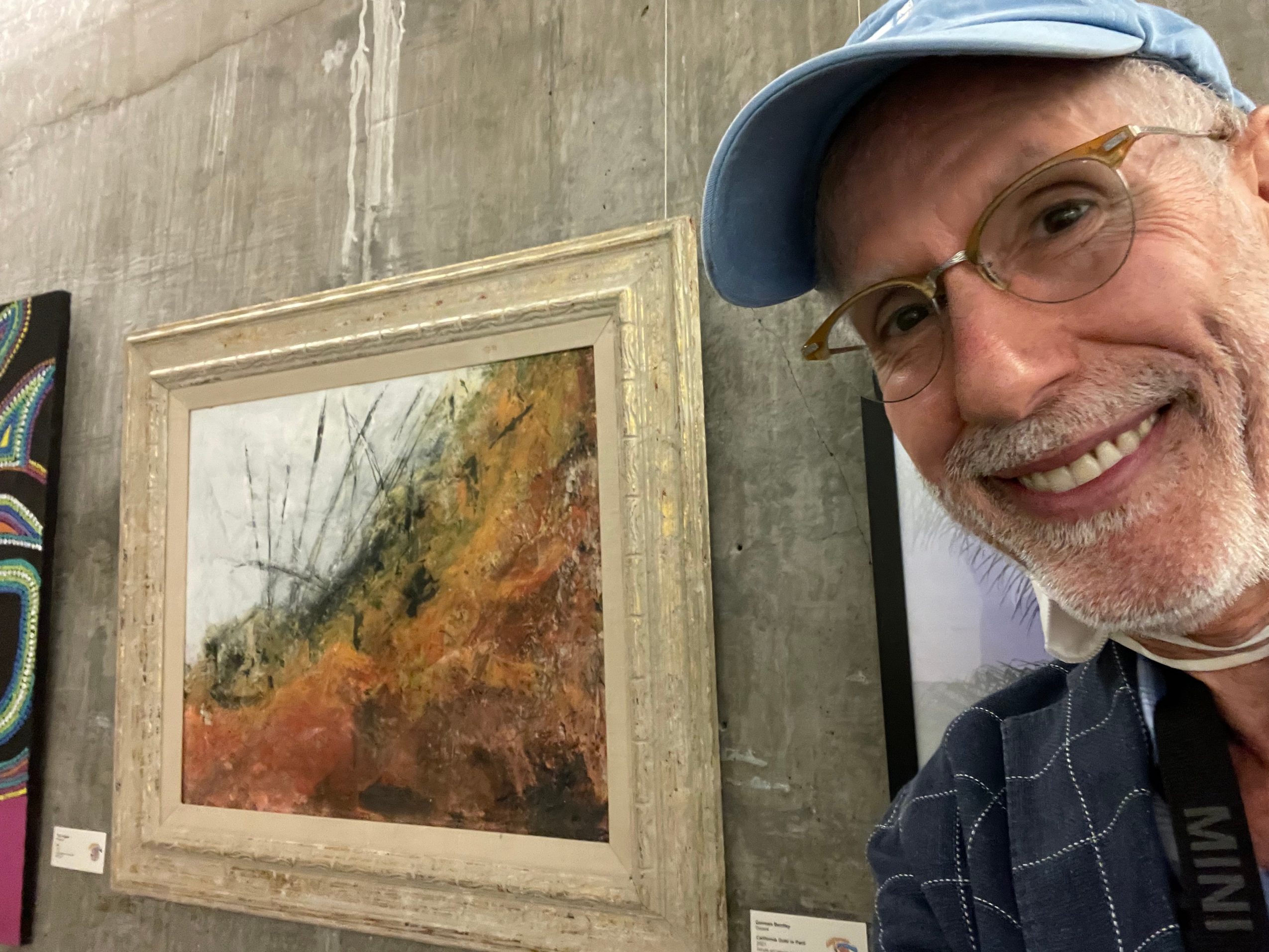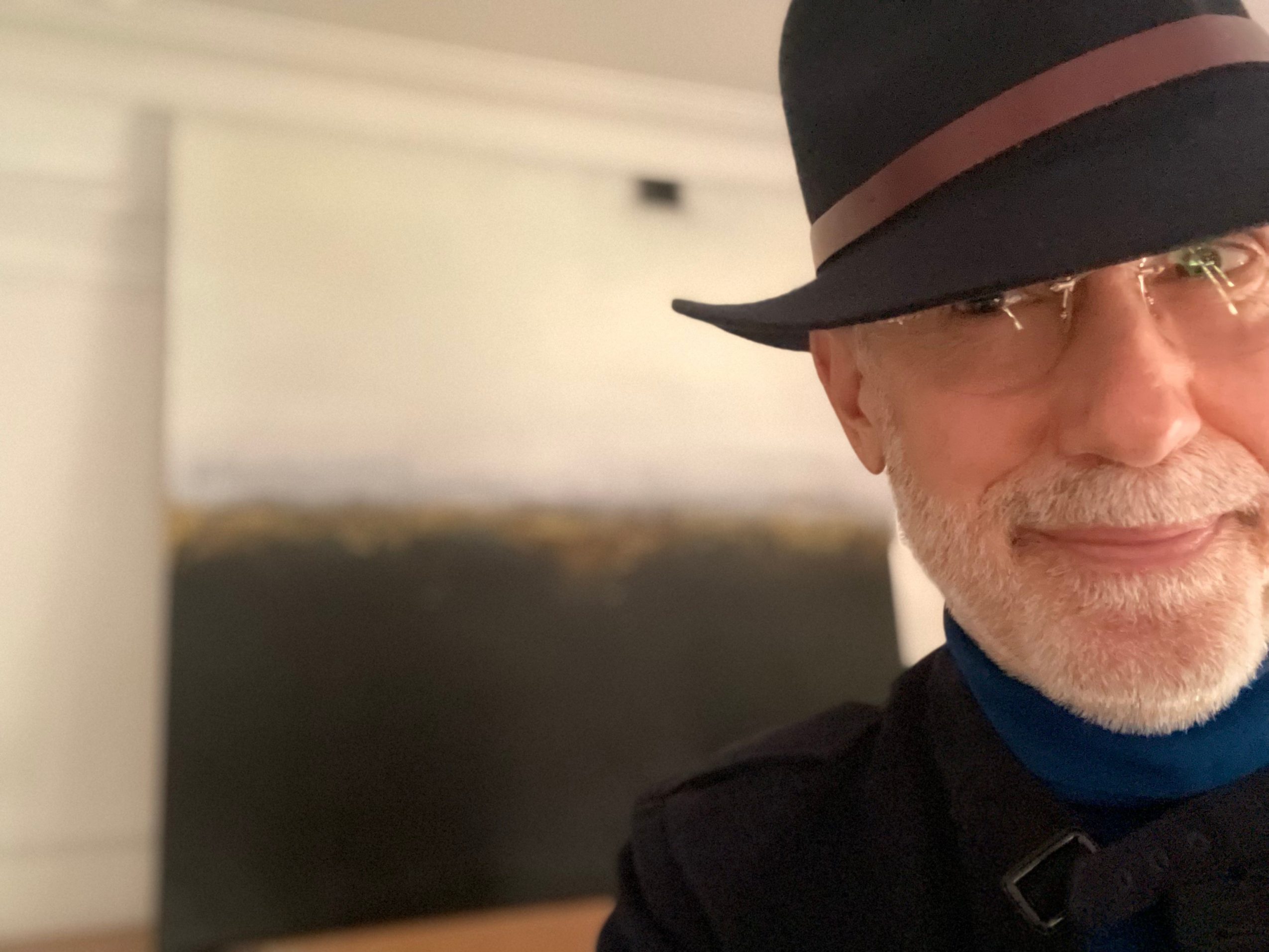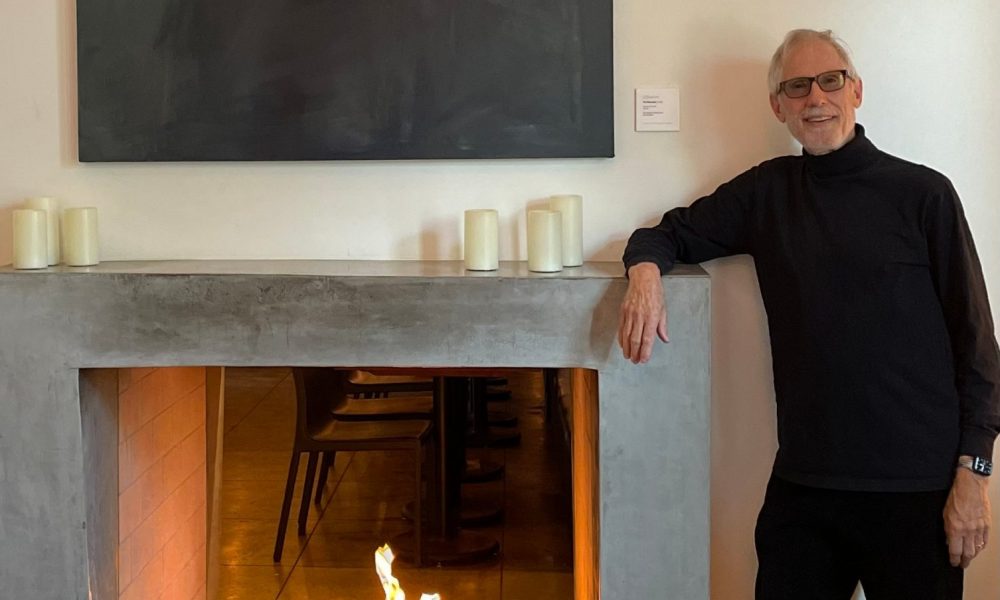

Today we’d like to introduce you to Gorman Bentley.
Hi Gorman, please kick things off for us with an introduction to yourself and your story.
I grew up in the Dakota prairies, portals which offered the time and open space for a careful study of color and form. Now retired/“re-wired” following a four-decade career as a public school educator, I am a queer, self-taught, abstract and non-objective artist, and I spend my quiet hours painting what was once only imagined within the portals of the Dakota prairies.
If I have a brand, it is this: my art is like a relationship or a journey. You don’t know it when you first meet it, and with time, it either draws you in or you lose interest. Most art sold today is static. What you see is what you get, and it’s about what’s on the wall and not about oneself. And that is fine if someone just wants a view and I understand and accept if that’s what is wanted. But if a person wants to explore the subtle complexity within minimalism, and use that knowledge to further explore themselves, they might find what I do as interesting and beneficial. Because, just like a relationship, even those that don’t work out tell us something about ourselves. That said, selling online might be a challenge. The last work I sold, I saw the person slowly fall under its spell in front of my eyes.
At its core, art is like a relationship or journey. You don’t know it at the first meeting, and with time, it either draws you in or you lose interest. But if a person wants to explore the subtle complexity within minimalism, and use that knowledge to further explore themselves, they might find what I do as interesting and beneficial. Because, just like a relationship, even those that don’t work out tell us something about ourselves.
I’m sure it wasn’t obstacle-free, but would you say the journey has been fairly smooth so far?
All art is political, and good artists know its power. And in the history of art, most artists who have been banned for one reason or another in their time end up on the good side of history. In my careers as both educator and artist, I have advocated for all who have been marginalized, probably because, as a queer male, I have personally felt some of those effects. While my art expresses many of my values, it is more my words that are getting me in trouble. I stand against all forms of oppression, but recently my remarks against those of others that were racist, homophobic, Islamophobic and/or transphobic have gotten me banned from participating in local events.
Appreciate you sharing that. What else should we know about what you do?
I work as a museum educator at the Norton Simon Art Museum in Pasadena, CA. When I retired as a school principal 11 years ago, I assumed that, like most of my colleagues with a pension, I would never work again. And indeed, I volunteered at the Getty Center in Brentwood and the Huntington Library in San Marino, But when the Norton Simon called me and said that I was a recommendation from the Getty, and would I be interested in being on staff at such an amazing institution, I simply could not refuse. There I work mostly with youth and families with how to look at art and how experiencing art can be a meaningful part of life.
What would you say have been one of the most important lessons you’ve learned?
The biggest barrier to learning is knowing. Keep open to new ideas.
Contact Info:
- Website: www.gormanbentley.com
- Instagram: @gormanbentley
- Youtube: https://www.youtube.com/@gormanbentley/videos
